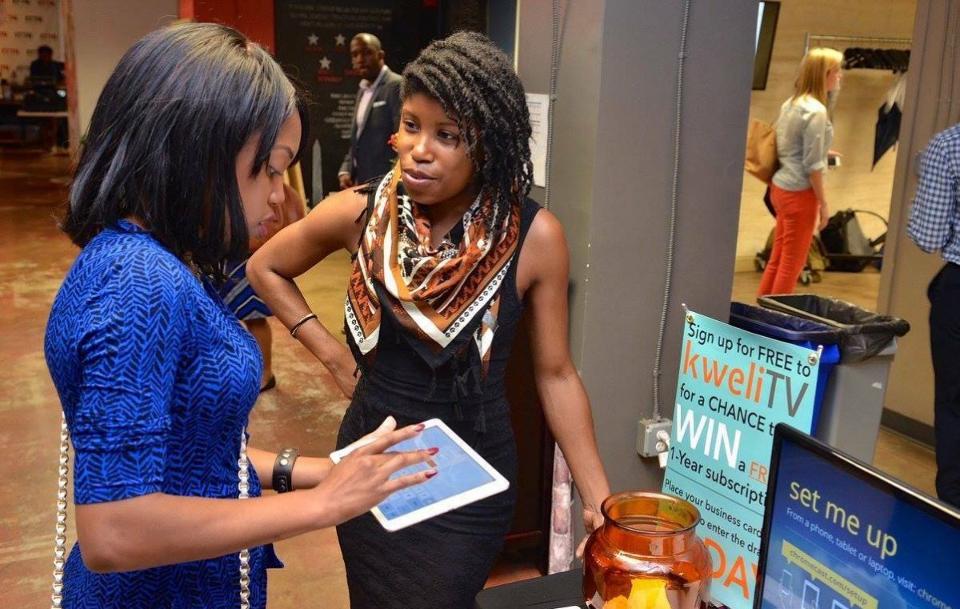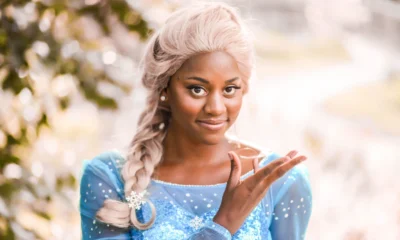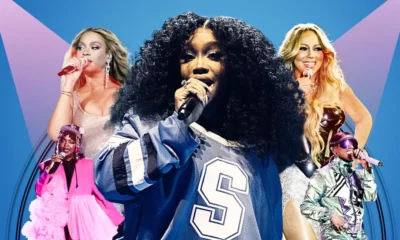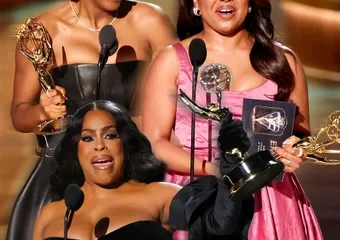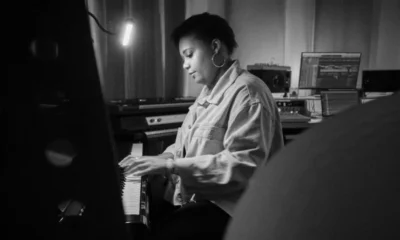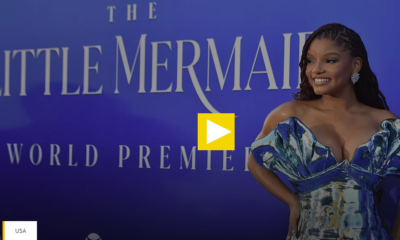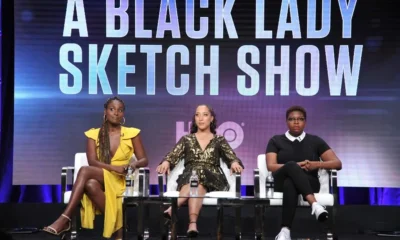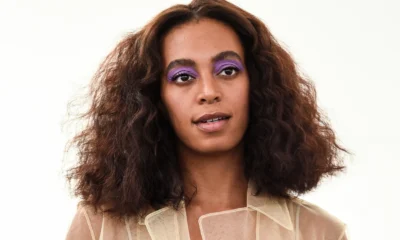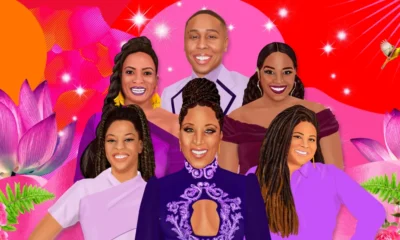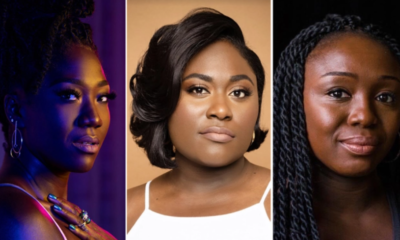Black Women in Entertainment
This Streaming Service Is Changing The Narrative About Black Communities In the Media
If you’ve ever found yourself frustrated by mainstream TV shows, you are not alone. It seems as if today, more than ever, we are constantly bombarded with negative press and endless reality TV. For minorities, the lack of quality content is even more startling, as many shows present characters based on outlandish stereotypes. From TV shows depicting Latinas as housekeepersto others showing Black men as criminals– the list is truly endless. What’s worse, the way people of color are portrayed in the media has a negative effect on the way these communities are perceived.
Enter Kweli.tv, a video streaming service that is looking to change this narrative. Kweli.tv is a platform similar to Netflix or Hulu, but with a twist: their content is entirely composed of films made by members of the African diaspora. As of today, the platform hosts 270 films by over 100 filmmakers from all around the world, half of which are women. Their content is highly curated, with over 98% of films having been featured in international film festivals and more than half having won awards.
The goal for the platform is simple: Kweli.tv strives to tell authentic stories about the Black community through film. What’s special about the platform is that it has a global perspective of the Black experience– you can watch films made by people from as far as Nigeria, Ghana, Brazil and France as well as the United States. The platform has over 15,000 users worldwide, a number reached almost exclusively by word of mouth– the business is completely bootstrapped.
I sat down with DeShuna Spencer, founder of Kweli.tv, to talk about her motivation in starting this company. She tells me that, from as long as she can remember, she always felt a dissatisfaction with the way communities of color were presented in the media. “I’ve always really cared about the issue of representation, particularly for black people. My background is in journalism, but early on I realized I didn’t want to do that forever. I didn’t like that a lot of the stories on Black and Latino communities were really negative, and focused on them committing crimes, without displaying any of the positive …
Please read original article- This Streaming Service Is Changing The Narrative About Black Communities In the Media



